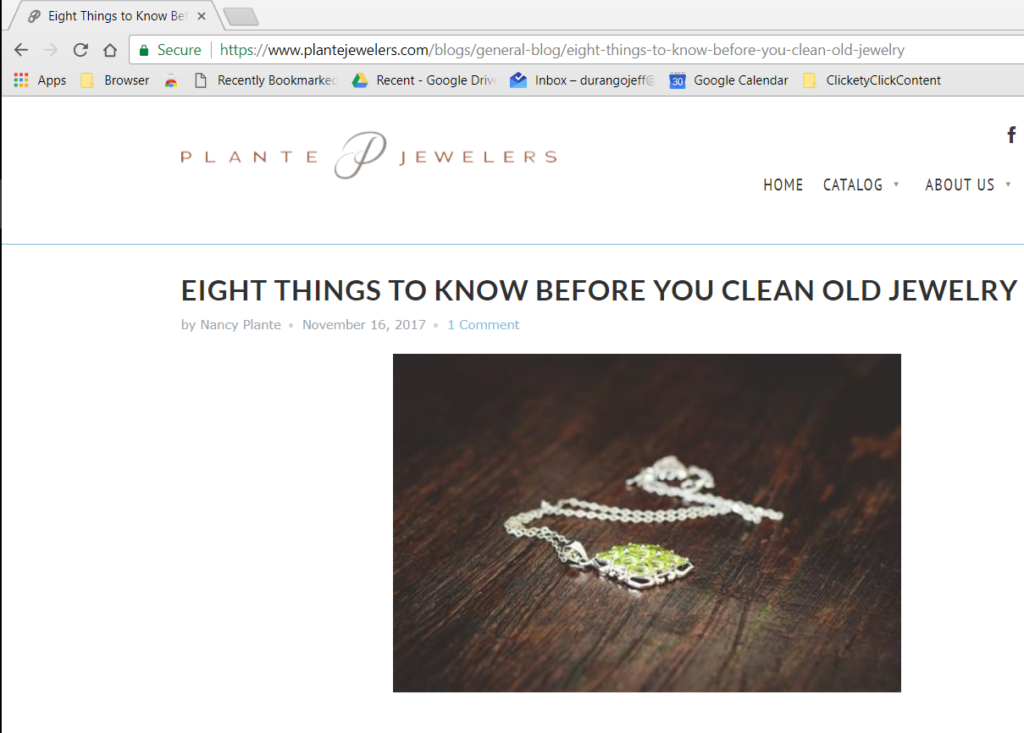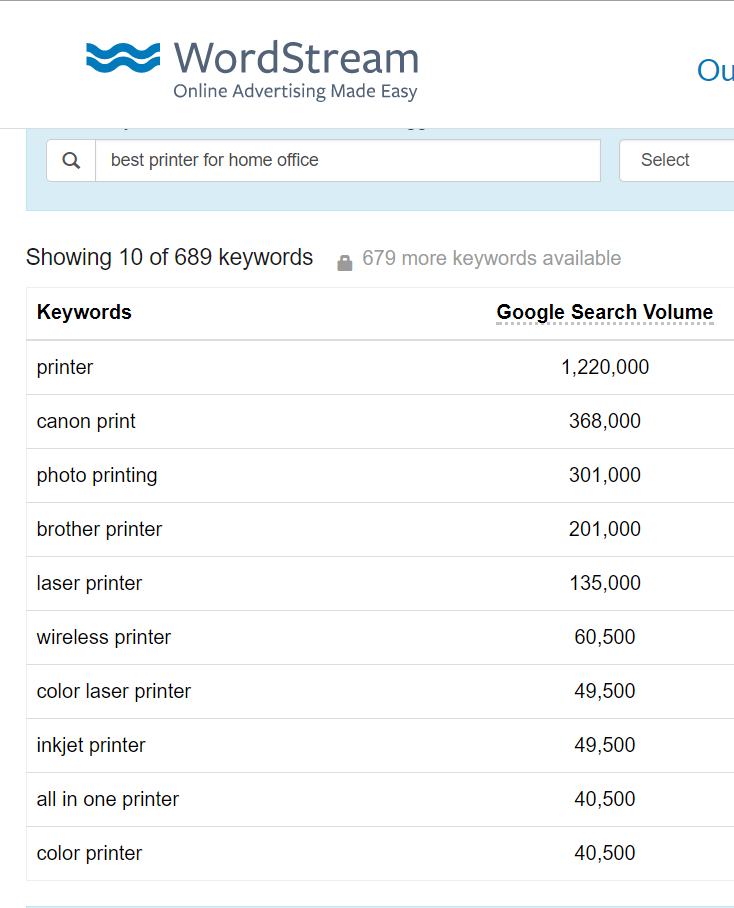Do you know how to create SEO Shopify optimized content to get your page your E-commerce store in front of internet users? Where does your Ecommerce SEO place your website on the search engine results page (SERP)? Are you happy with your rank on the SERP?
When you search engine optimize (SEO) Shopify pages, you need to take into consideration that you’re working with a specialized type of page. To be sure that your ecommerce SEO brings the most qualified customers to your online store, you need to learn what search engines seek and use that information to improve your online store.
Your Ecommerce SEO Competes with Trillions of Websites
Websites now number over a trillion, and Ecommerce sites number in the millions:
- Shopify reported 375,000 online stores in the fourth quarter, of 2016.
- BigCommerce, according to Inc., hosts over 55,000 online stores.
- Magento, reported Aionhill, has about 235,000 online stores on the entire web.
- Yo!Kart stores, according to the company’s website, claims only about 200 sites.
- Big Cartel claims that nearly a million makers use its Ecommerce platform.
With so much competition online, you need to have top-notch Ecommerce SEO to ensure that your Shopify store can compete with other stores in your niche. Do you know how to create SEO Shopify optimized content and make sure that your website comes out above the rest?
Are Your Ecommerce Pages Better than the Rest?
That’s the question you need to answer, says Helen Overland, at Shopify, to get Google’s attention. Google wants its users to have the best experience possible. That’s how it stays ahead of the competing search engines. It will try to find the most interesting, valuable, and useful page for its customers: the searchers.
As an eCommerce store owner, you need to improve your pages, with quality content that gets search engine users to your website.
How Search Engines Rank Shopify SEO
Overland, at Shopify, describes SEO (Search Engine Optimization) as …
“a measurable, repeatable process that is used to send signals to search engines that your pages are worth showing in Google’s index.
Basically, Google uses a complex mathematical formula called an ‘algorithm’ to give a score to every website and every search people to do in Google to figure out which website should rank best for what people are looking for.”
Within each search engine algorithm, search engine ranking factors, like quality content, good reviews, and authoritative backlinks help search engines decide how to rank your pages. If you manage to show Google that you have a credible, trustworthy site, your site will score higher on the search engine results page (SERP).
Popular sites, or those having many visits, supportive testimonials, well-viewed posts, and back-links from many other authoritative sites prove to Google that your content helps satisfy its users. Your Shopify SEO, by proves to search engines whether your page is one of the best results for the people searching on the internet.
Helping Search Engines Rank Your Shopify Store
To get above the fold on the SERP, you need to help search engines, using Shopify SEO, find and rank your web pages. You need to make your page the best result for a particular search. You do that by providing the highest quality content and becoming the highest authority in your niche.
Many Ecommerce store owners demonstrate their authority by writing high quality, unique content. To get their content in front of readers, they add keywords to their meta title (title tag) and meta description. For example, one way to establish authority and improve your Shopify SEO is to write quality blog posts about your area of expertise.
Here’s an example of an Ecommerce retailer who knew how to get its website on the very top of the SERP, using Shopify SEO. A search for, “things to know before cleaning old jewelry,” yielded this snippet, from Plante Jewelers’ blog:

The snippet’s title tag, in blue, contains keywords related to the page’s content, and the post itself contains unique, quality information about cleaning old jewelry. Its meta description, in gray, likewise, contains keywords. Note that the title tag also appears on the browser tab, in the upper left-hand corner of the browser.

Also note that the author of the blog post, an expert in jewelry and jewelry care, has established authority as a professional and go-to resource in her niche. If you SEO Shopify in your online store, your website can also rank high on the SERP. You must demonstrate your authority.
Use the Right Keywords for SEO Shopify
What keywords should you focus on? Sometimes, as the expert retailer, you will find it hard to figure out what the non-expert looks for to find your product or service. To find the right keyword for your Ecommerce SEO, you can use a keyword tool, like the Wordstream Keyword Tool, to help you find keywords and keyword phrases that your customers, who may not be experts in your niche, might use. Look, for example, at the results from the keyword tool, using the phrase, “best printer for home office.”

The tool reports on Google search volume, giving you an idea of your potential audience if you decide to use any of these keywords. Google AdWords also provides tools that you can use to review search volume and other information about keywords. Its Keyword Planning Tool allows you to see search volume and adjust for specific regions and other variables.
By adding to each of your web pages, one- to three-relevant keywords that you have identified as having decent search volume, you can help optimize SEO Shopify pages and improve your page rank. Make sure, though, that you also invest time in developing quality content to keep search engine and reader attention.
Quality Content Based on Your Keywords
As you develop content for your Ecommerce store, be sure that you write about the topics described by your keywords. In addition, ensure to write original, interesting copy, avoiding duplicating content from other sites. Search engines recognize plagiarism, and they are getting better at discriminating between similar texts that don’t quite fall into the plagiarism category.
As part of the quality content, search engines look at reviews. If you have quality content and good reviews, algorithms understand this to mean that you have a site worth showing its users. Blogs can also help add social signals and expanded, updated content to your website on a regular basis. Just as with any web page, you want to make sure that your Ecommerce blog contains relevant content that reflects, without “stuffing,” or overusing, keywords.
Avoid Shopify SEO Penalties
As you SEO Shopify websites, trying too hard can result in penalties on ranking factors. For example, Penguin penalty penalizes websites for excessive back-links back to a website using anchor text. Likewise, website owners who try to get more content onto their pages through plagiarising may be penalized for having duplicate content.
Listen to Your Shopify SEO Analytics
Shopify provides a set of analytics and reports that help you review your store’s activity, learn about visitors, and analyze store transactions. As part of Shopify SEO analytics, the company suggests that its users track store visitors with Google Analytics to generate reports to assist store owners with marketing.

